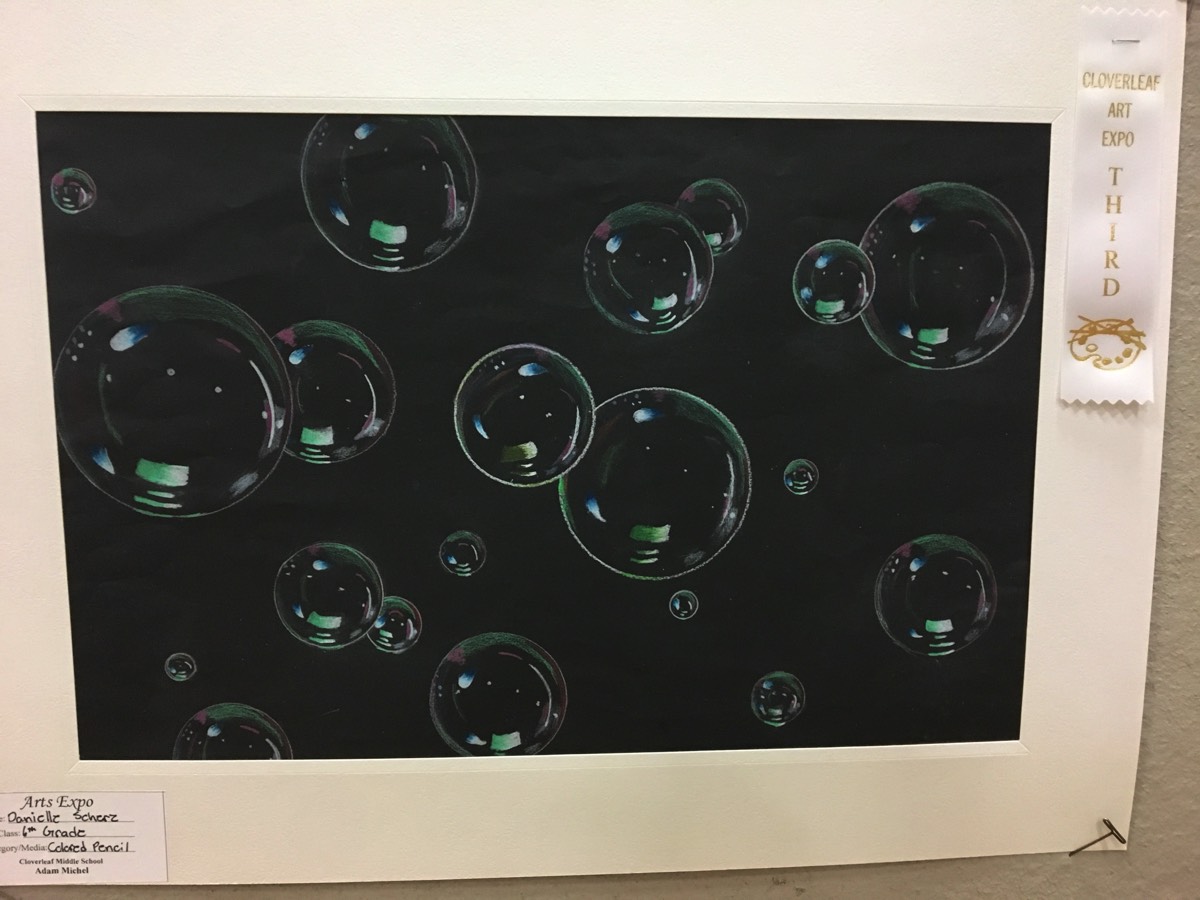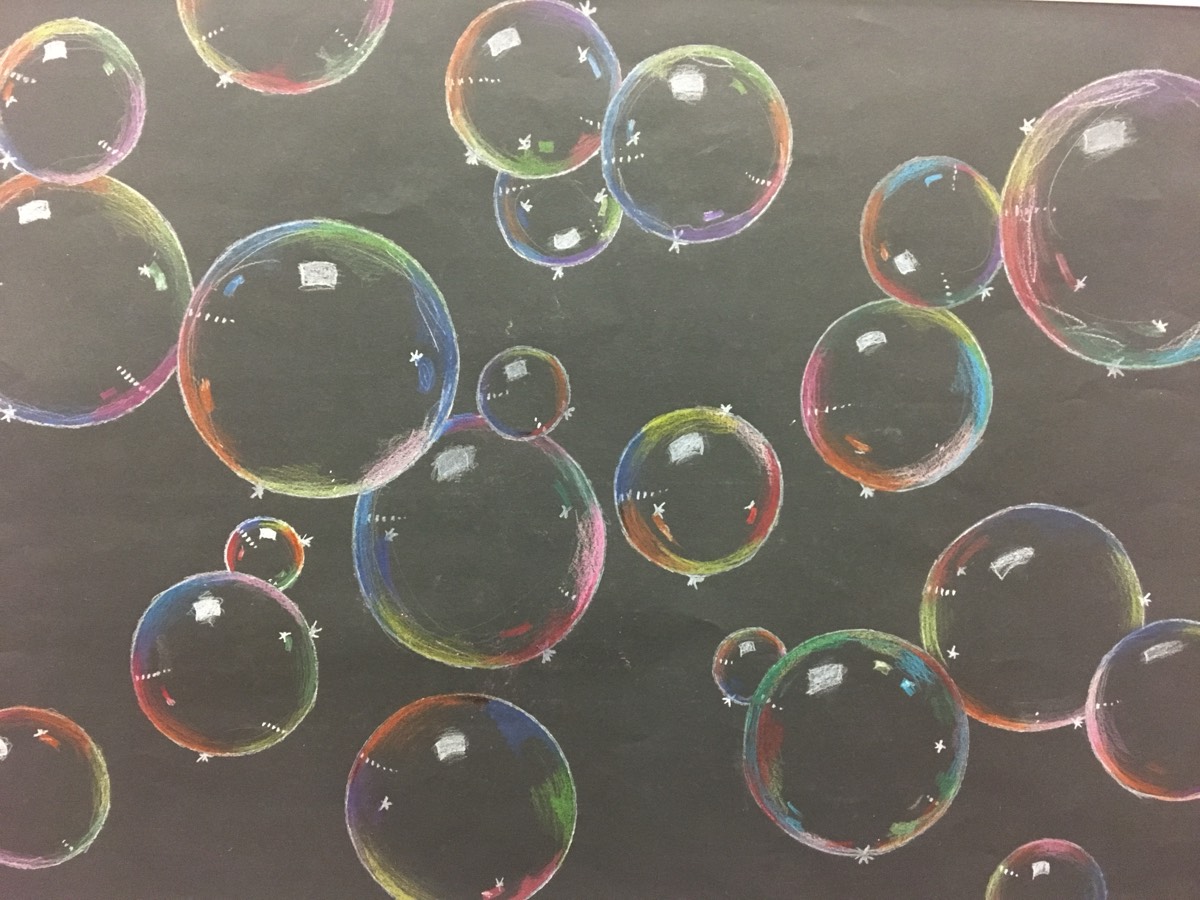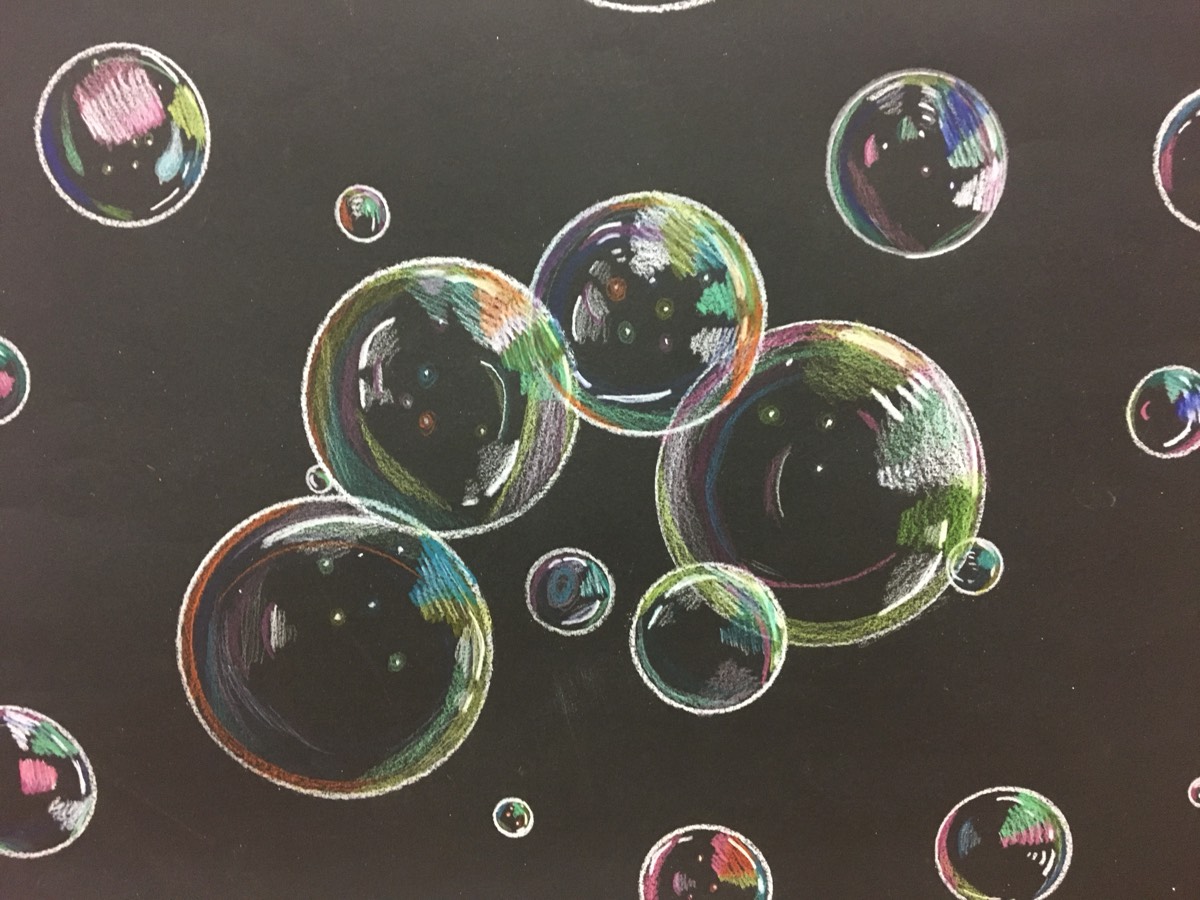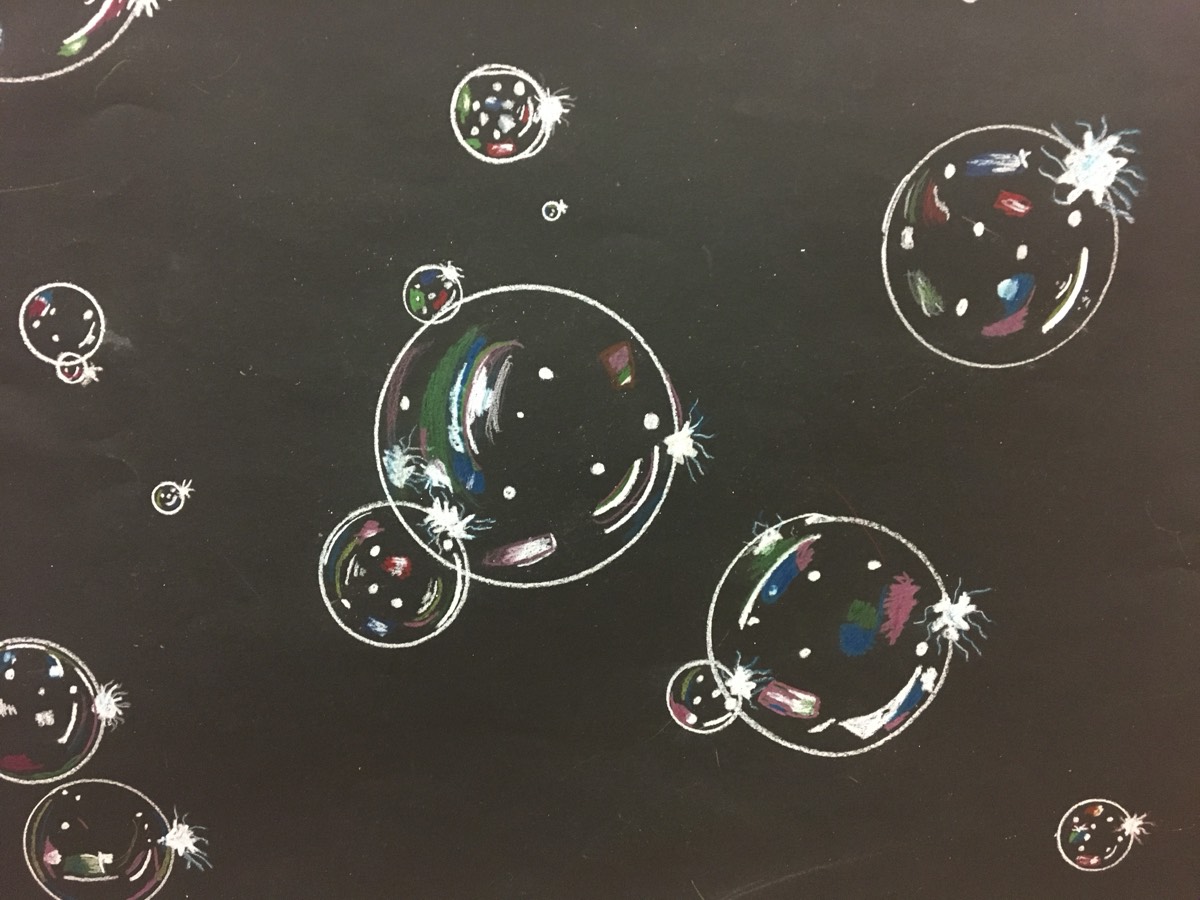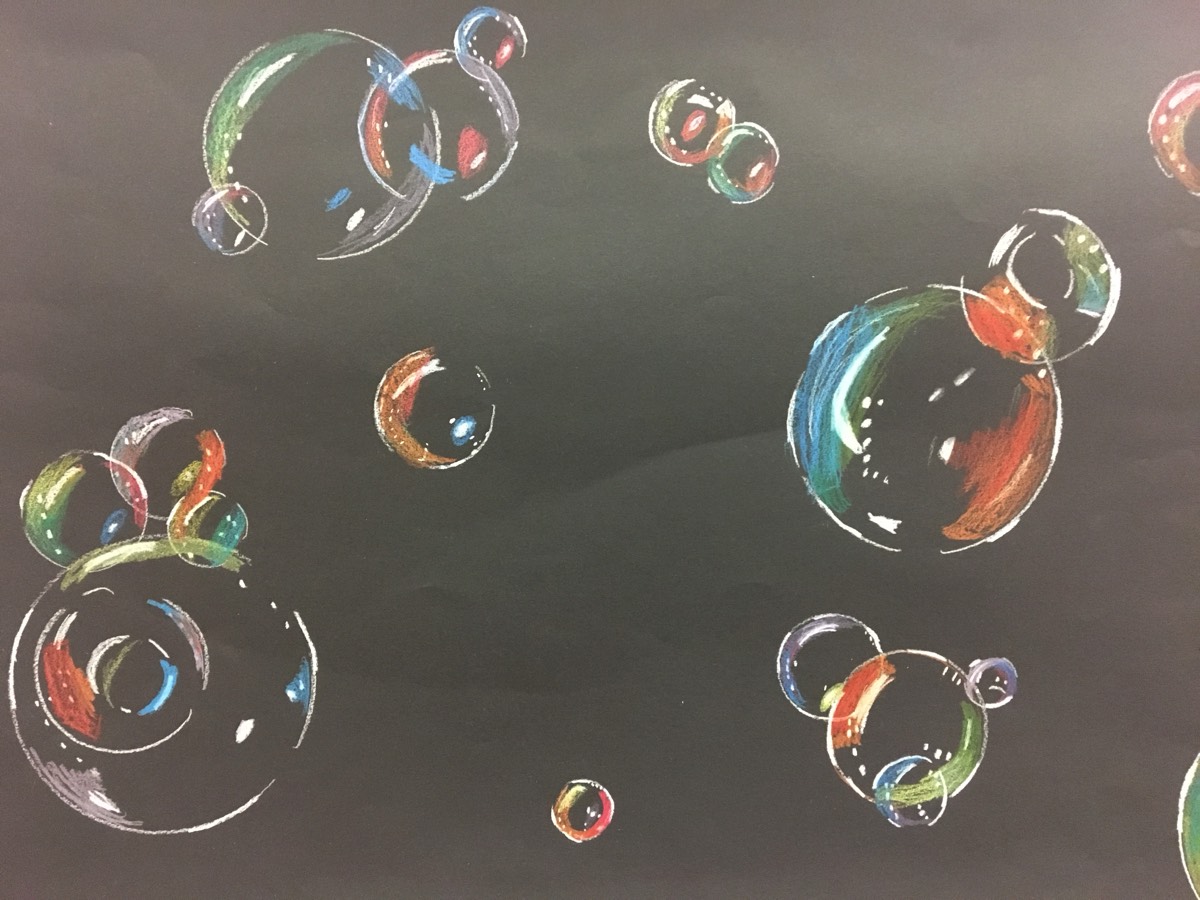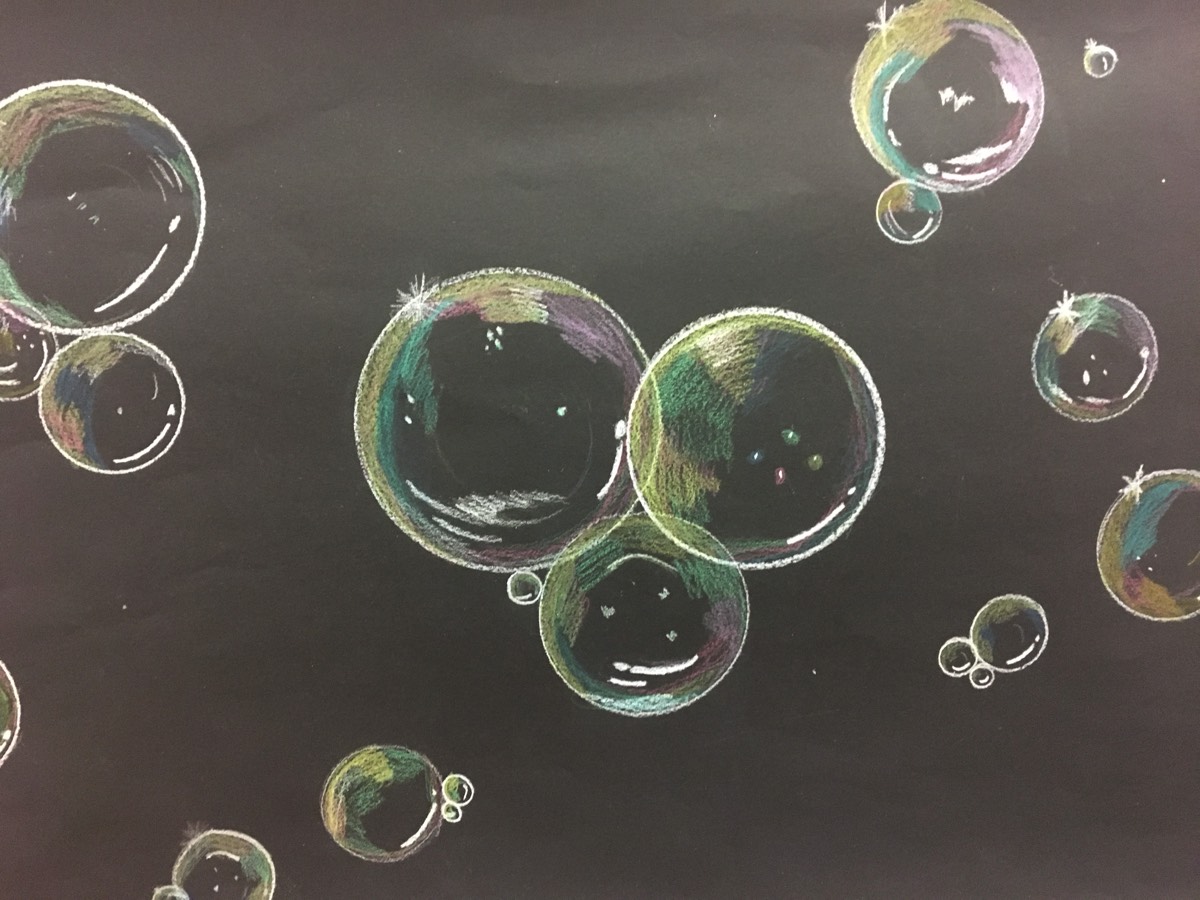Bubble Project
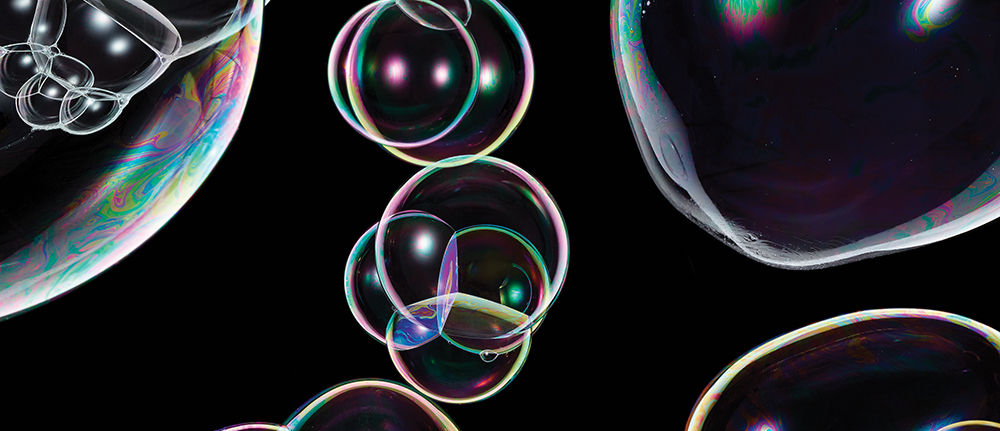
Project Description
"OP Art " is an exciting art drawing project that will take students on a journey through the captivating world of Optical (OP) Art. This project encourages students to explore the mesmerizing realm of optical illusions, geometric abstraction, and vibrant color using color pencils. Throughout this project, students will gain a deep understanding of OP Art principles and develop their artistic skills.
Project Objectives:
Introduction to OP Art: Begin the project with an overview of OP Art, its history, and its significance in the art world. Discuss famous OP Art practitioners like Victor Vasarely.
Materials and Techniques: Familiarize students with color pencils and various techniques such as blending, layering, and precision detailing. Provide demonstrations and practice exercises.
Geometric Abstraction: Teach students how to use geometric shapes and patterns to create optical illusions, depth, and movement in their drawings.
Color Theory: Explore the principles of color theory, focusing on color harmony, contrast, and the psychology of color. Discuss how color choices can impact optical effects.
Symmetry and Balance: Explain the importance of symmetry and balance in OP Art compositions. Show examples and guide students in achieving visual equilibrium.
Pattern Creation: Encourage students to experiment with pattern design. Discuss the role of patterns in OP Art and their ability to engage the viewer.
Optical Illusions: Introduce various optical illusions, including moiré patterns, afterimages, and kinetic effects. Discuss how to incorporate these illusions into their drawings.
Concept Development: Encourage students to brainstorm and develop their own OP Art concept or theme. Emphasize the importance of creativity and personal expression.
Sketching and Planning: Guide students in sketching and planning their OP Art drawings. Discuss composition, perspective, and the arrangement of geometric elements.
Creating OP Art Drawings: Allow students ample time to create their OP Art color pencil drawings. Provide individual feedback and support as needed during this process.
Project Objectives:
Introduction to OP Art: Begin the project with an overview of OP Art, its history, and its significance in the art world. Discuss famous OP Art practitioners like Victor Vasarely.
Materials and Techniques: Familiarize students with color pencils and various techniques such as blending, layering, and precision detailing. Provide demonstrations and practice exercises.
Geometric Abstraction: Teach students how to use geometric shapes and patterns to create optical illusions, depth, and movement in their drawings.
Color Theory: Explore the principles of color theory, focusing on color harmony, contrast, and the psychology of color. Discuss how color choices can impact optical effects.
Symmetry and Balance: Explain the importance of symmetry and balance in OP Art compositions. Show examples and guide students in achieving visual equilibrium.
Pattern Creation: Encourage students to experiment with pattern design. Discuss the role of patterns in OP Art and their ability to engage the viewer.
Optical Illusions: Introduce various optical illusions, including moiré patterns, afterimages, and kinetic effects. Discuss how to incorporate these illusions into their drawings.
Concept Development: Encourage students to brainstorm and develop their own OP Art concept or theme. Emphasize the importance of creativity and personal expression.
Sketching and Planning: Guide students in sketching and planning their OP Art drawings. Discuss composition, perspective, and the arrangement of geometric elements.
Creating OP Art Drawings: Allow students ample time to create their OP Art color pencil drawings. Provide individual feedback and support as needed during this process.
Learning Objectives
Artistic Techniques:
Explore various color pencil techniques, such as blending, shading, and layering, and how they can be applied to create optical illusions.
Practice precision and control in using color pencils to achieve desired effects.
Geometric Abstraction:
Learn how to use geometric shapes and patterns to create the optical illusion of movement, depth, and three-dimensionality in two-dimensional artworks.
Symmetry and Balance:
Explore the importance of symmetry and balance in OP Art compositions, and learn how to create visually pleasing and harmonious arrangements.
Color Choice and Manipulation:
Experiment with color choices and how they can influence the perception of depth and movement in an artwork.
Gain proficiency in using color pencils to create smooth gradients and transitions between colors.
Composition and Perspective:
Explore different composition techniques that enhance the illusion of space and depth within the artwork.
Learn how to create the impression of objects receding into the background or coming forward.
Rubric
Rubric:
Rubrics have become popular with teachers as a means of communicating expectations for an assignment, providing focused feedback on works in progress, and grading final products. A rubric is a document that articulates the expectations for an assignment by listing the criteria, or what counts, and describing levels of quality from excellent to poor.
The rubric for the bubble project can be viewed, downloaded and printed below. Enjoy
Rubrics have become popular with teachers as a means of communicating expectations for an assignment, providing focused feedback on works in progress, and grading final products. A rubric is a document that articulates the expectations for an assignment by listing the criteria, or what counts, and describing levels of quality from excellent to poor.
The rubric for the bubble project can be viewed, downloaded and printed below. Enjoy
Element of Art
Shape:
An element of art that is two-dimensional, flat, or limited to height and width.
Artist: The Slow Mo Guys
The Slow Mo Guys is a Streamy Award-winning science and technology entertainment web series created by Gavin Free, starring himself and Daniel Charles "Dan" Gruchy and produced by Rooster Teeth Productions. It has been described as the biggest channel for slow motion videos on YouTube. The series consists of a wide variety of things filmed in extreme slow motion using a range of Vision Research Phantom high-speed cameras, capable of shooting over 343,000 frames per second. The series premiered on 3 November 2010. As of April 2017, their YouTube channel has over 9 million subscribers and over one billion video views.
Project Example
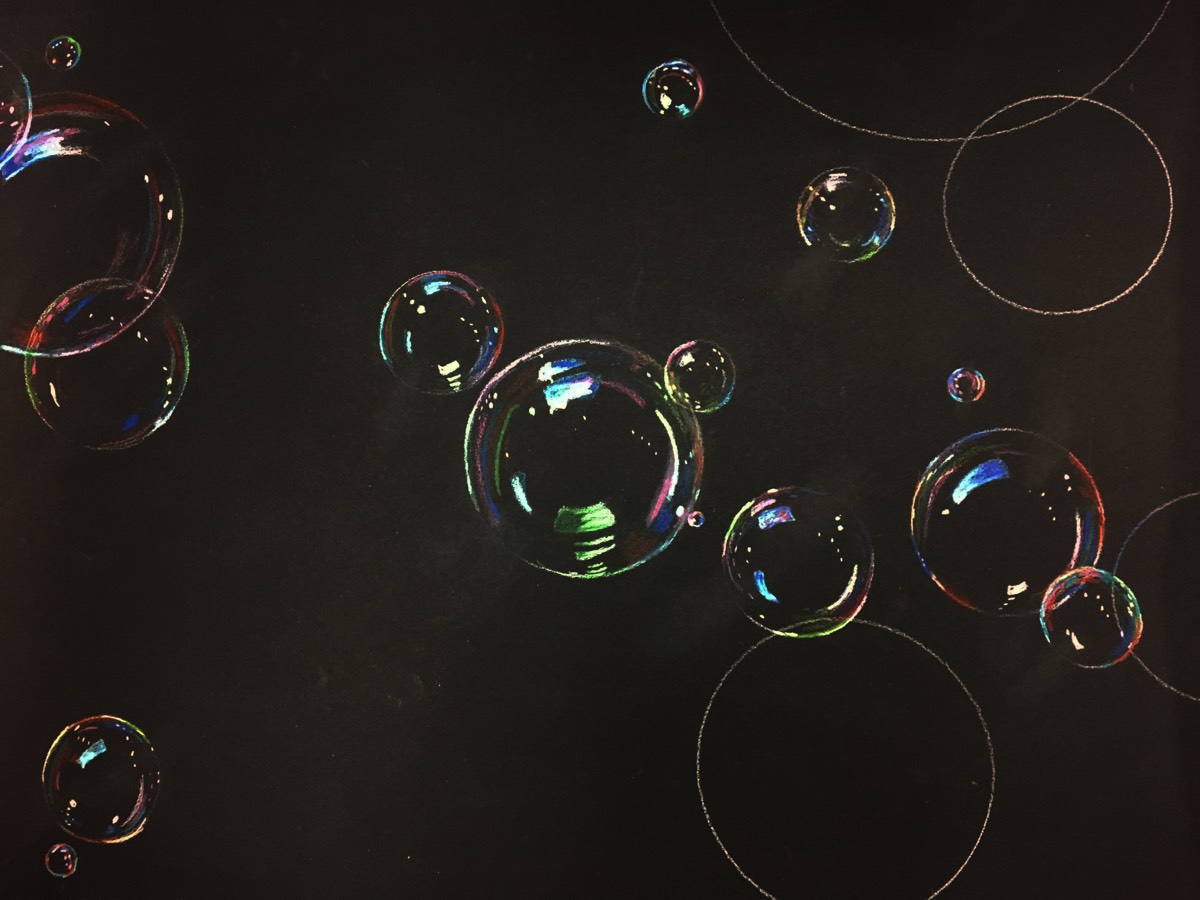
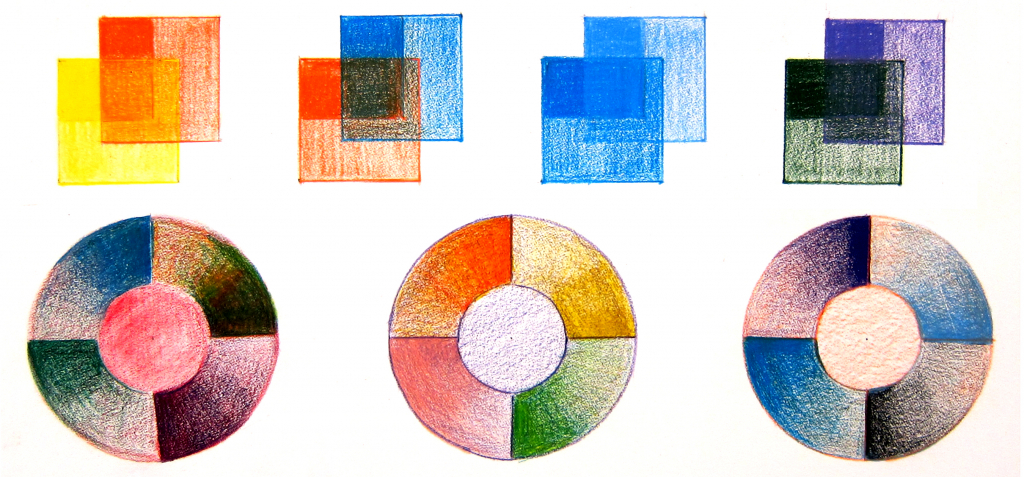
Blending Techniques
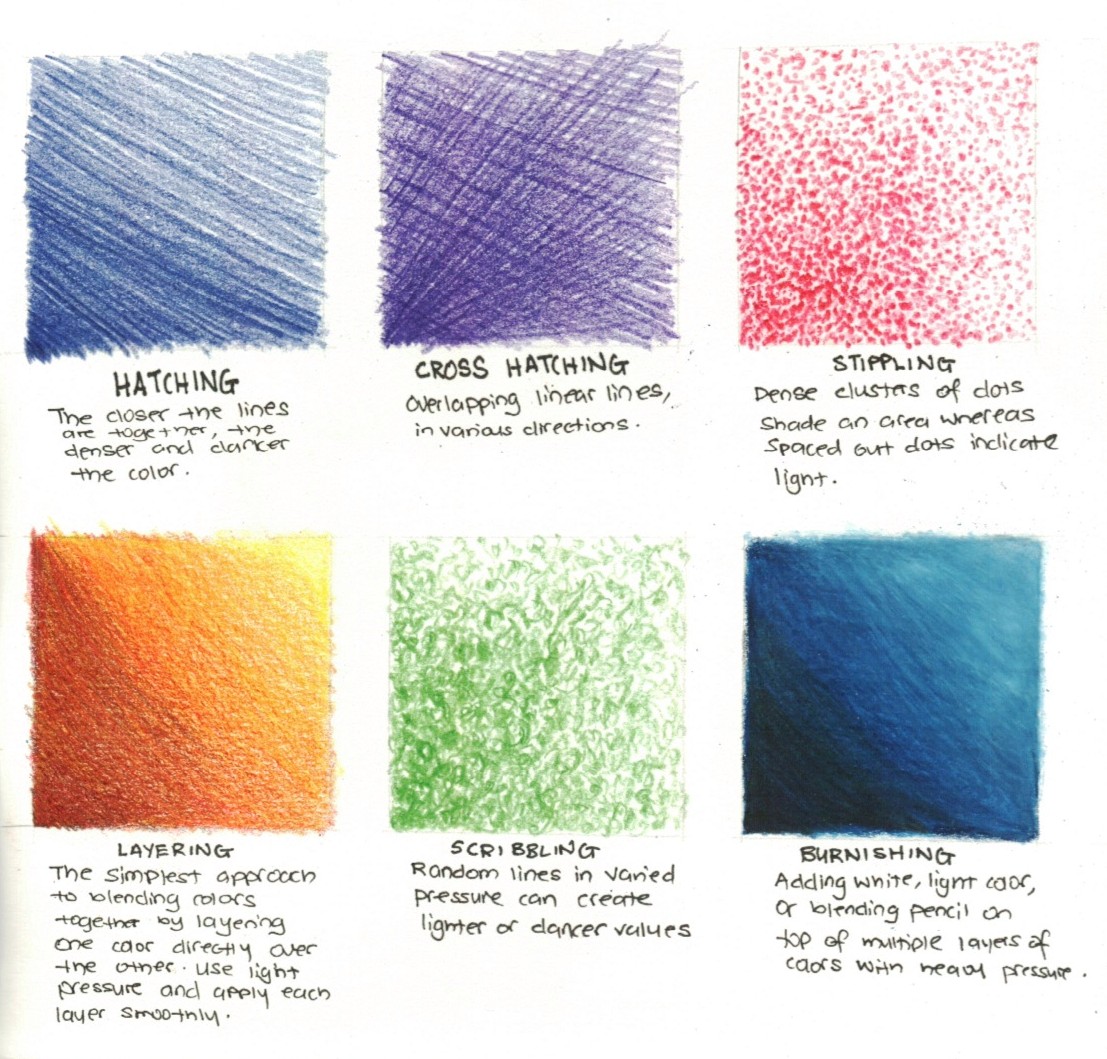
Project Demonstration
Student Work
You're Ready to Start Your Project.
Project Submission

Bubble Comments
- 1
- 2
- 3
- 4
- 5
- 6
- 7
- 8
- 9
- 10
- 11
- 12
- 13
- 14
- 15
- 16
- 17
- 18
- 19
- 20
- 21
- 22
- 23
- 24
- 25








